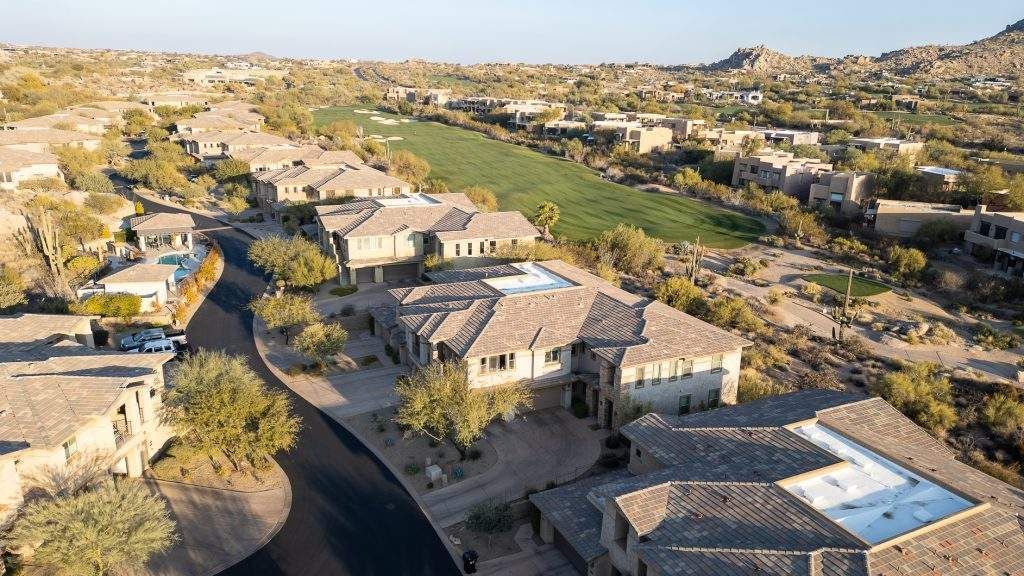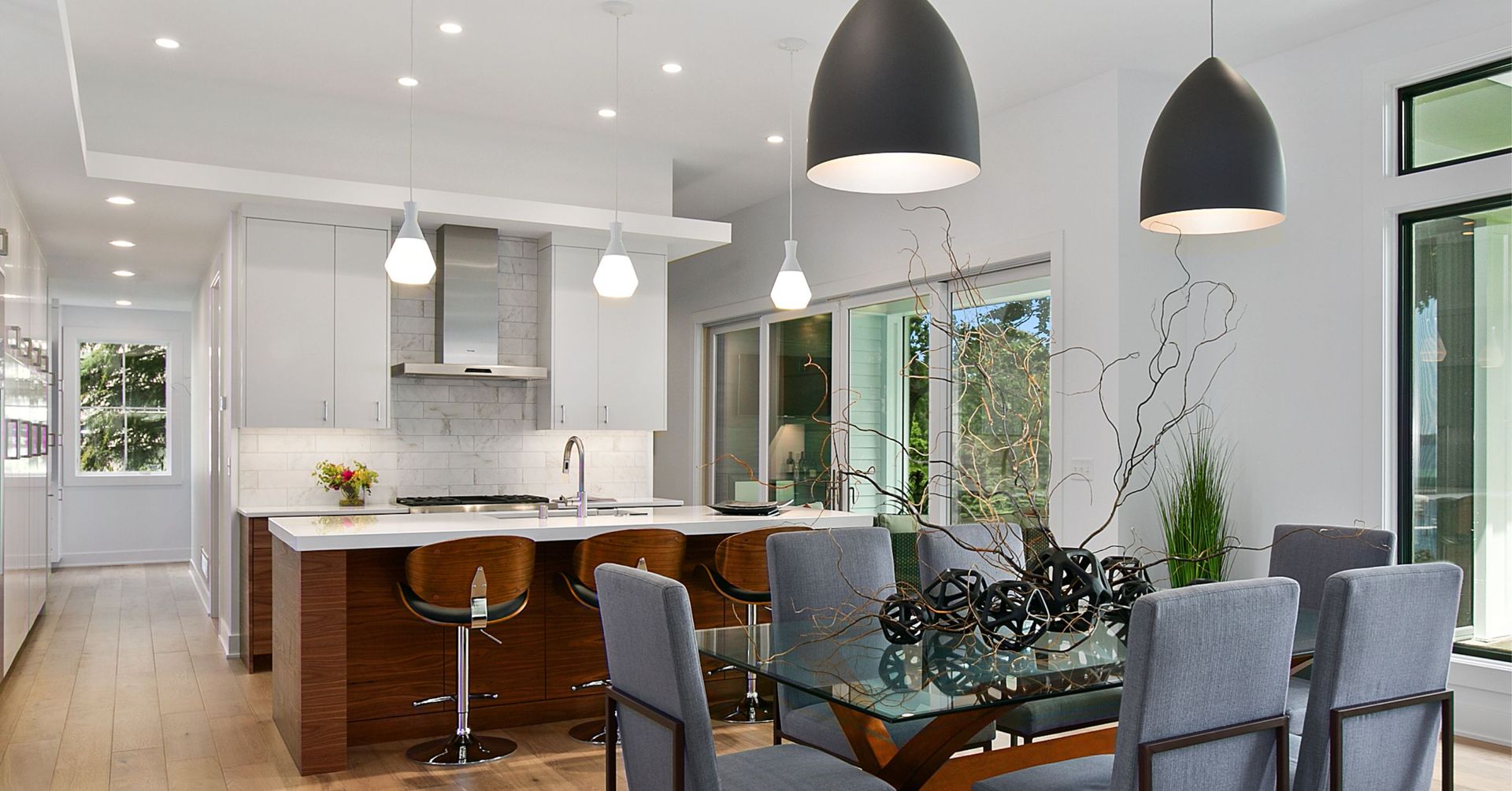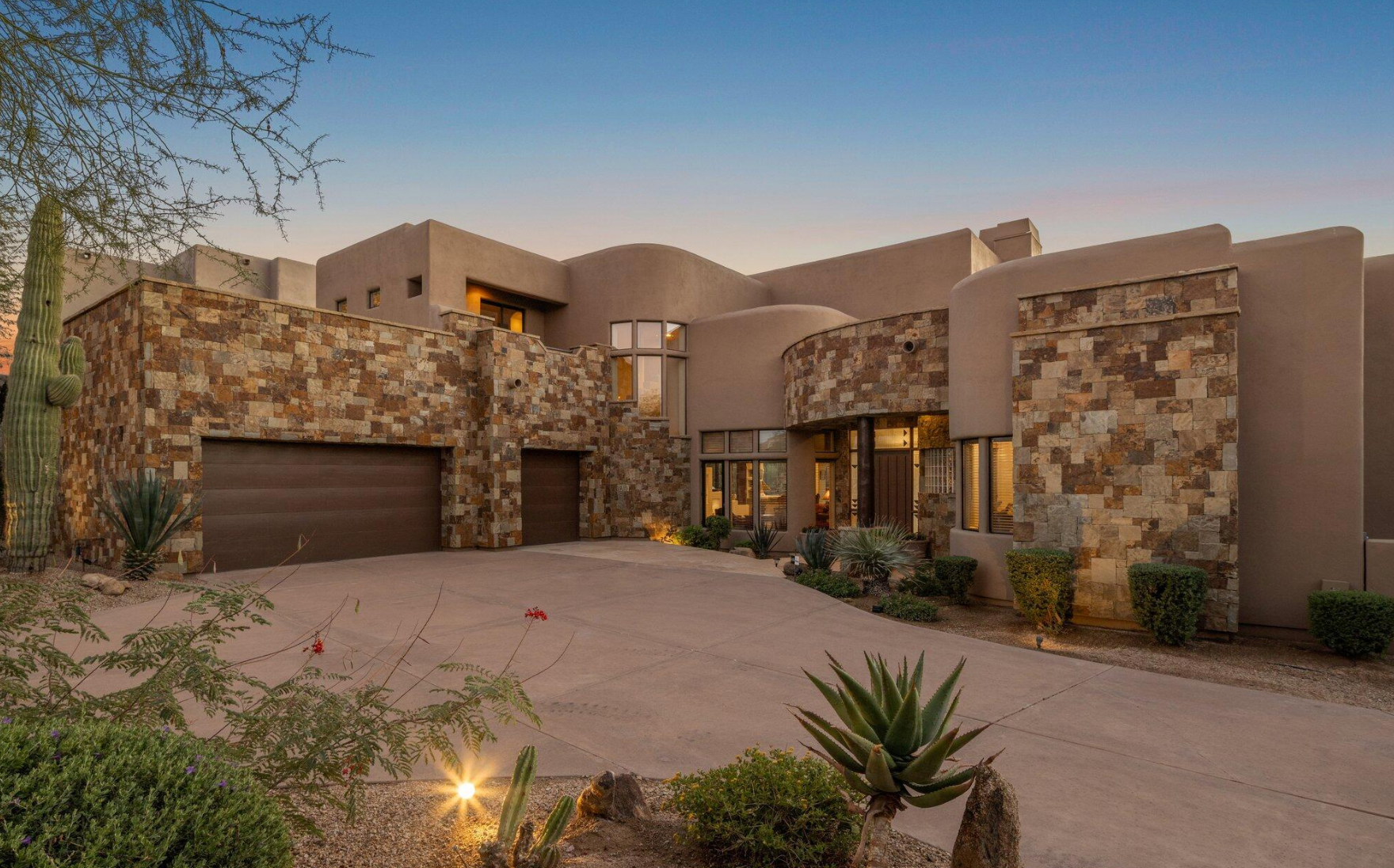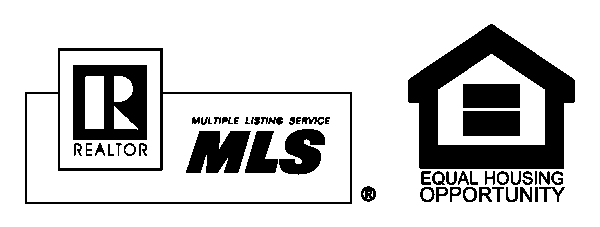
Enhancing Home Values with Green Living
Energy-Efficient Features: A Smart Investment for the Future
In today's dynamic real estate landscape, the significance of energy efficiency in enhancing property value cannot be overstated. As the world shifts towards more sustainable practices, homebuyers increasingly prioritize eco-friendly features that promise long-term savings and environmental responsibility. Here’s how integrating energy-efficient elements into your home can elevate its value and appeal in the market.
1. Long-Term Cost Savings
Energy-efficient homes are designed to minimize energy consumption without sacrificing comfort. By incorporating features like high-performance insulation, energy-efficient appliances, and windows, homeowners can significantly reduce utility bills over time. This prospect of ongoing savings not only attracts potential buyers but also allows sellers to justify higher listing prices based on the home’s reduced operational costs.
2. Heightened Market Demand
The growing awareness of environmental issues and escalating energy costs have fueled a surge in demand for energy-efficient homes. Buyers are actively seeking properties that align with their sustainability goals, making homes equipped with energy-efficient features more desirable in the market. As a result, these properties tend to sell faster and command higher prices, providing sellers with a competitive advantage in a competitive market.
3. Government Incentives and Rebates
Governments worldwide offer various incentives and rebates to encourage homeowners to invest in energy-efficient upgrades. From solar panels to smart thermostats, these incentives help offset initial investment costs and increase the overall value of the property. Additionally, homes with energy-efficient features may qualify for green certifications, further enhancing their marketability and value.
4. Future-Proofing Against Regulatory Changes
With increasing concerns about climate change, governments are implementing stricter regulations to reduce carbon emissions and promote energy conservation. By integrating energy-efficient features into your home, you not only comply with existing regulations but also future-proof your property against potential changes. Buyers recognize the importance of staying ahead of regulatory requirements, making energy-efficient homes more appealing and valuable over time.
5. Enhanced Comfort and Quality of Life
Beyond financial considerations, energy-efficient features contribute to a higher quality of life for homeowners. Improved insulation and advanced HVAC systems ensure consistent indoor temperatures, enhancing comfort year-round. Additionally, features like energy-efficient lighting and smart thermostats offer greater convenience and control, elevating the overall living experience and making the property more attractive to potential buyers.
In summary, investing in energy-efficient features is not just a responsible choice for the environment but also a strategic move to maximize the value of your home. By reducing energy consumption, meeting market demand, leveraging government incentives, future-proofing against regulatory changes, and enhancing comfort, energy-efficient homes stand out in today's real estate market as smart, sustainable investments. Embracing energy efficiency isn’t just about saving energy – it’s about securing the value and appeal of your home for years to come.










